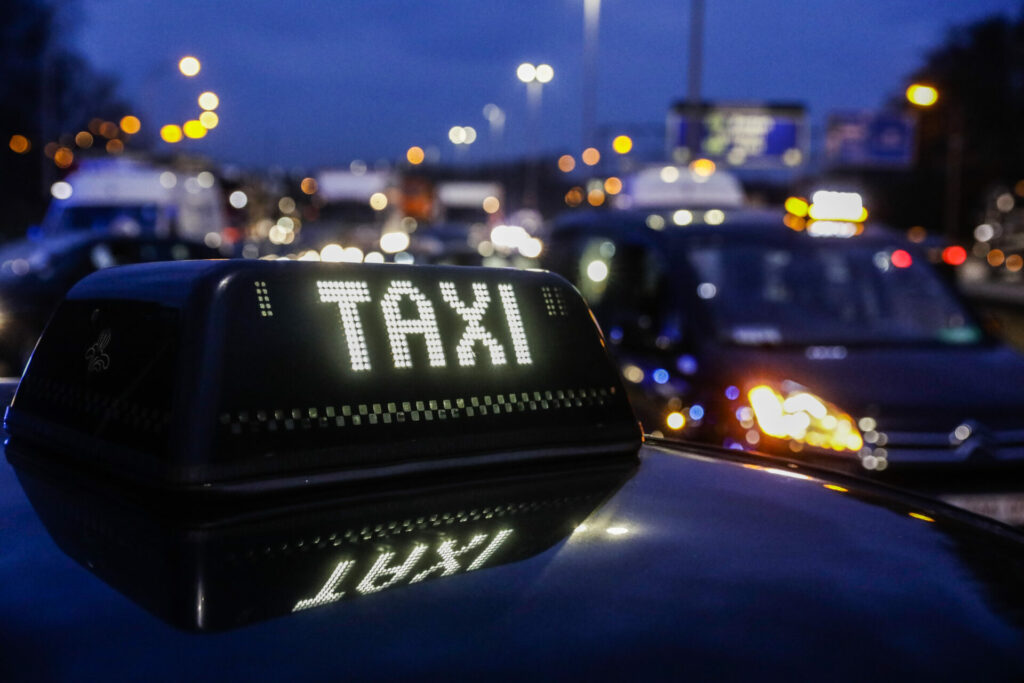After its third reading, the Brussels Regional Government has given the controversial Taxi Plan its final and official green light. It will take effect on 21 October, announced Brussels Minister-President Rudi Vervoort on Thursday.
The taxi sector reform should result in a unified taxi sector, by creating a common basic statute for classic taxis on the one hand and street taxis, with drivers driving for platforms such as Uber, on the other.
"This reform should lead to a better service for customers thanks to an adapted number of vehicles, a simpler training path for candidate drivers and administrative simplification, among other things," said Brussels Minister-President Rudi Vervoort in a press release.
"Another innovation is related to the platforms, which will have to meet certain conditions to obtain accreditation," he added, referring to platforms such as Uber. "Finally, the tariff system was revised and made clearer for customers."
Related News
- Uber includes traditional taxis in its app from today
- Uber to add traditional taxi drivers to app in Brussels, but neglects existing riders
From Friday 21 October, the conditions for practising the profession will be the same for classic and street taxi drivers, but some differences will remain: street taxis will not be allowed to use the taxi stands or to drive in the reserved taxis lanes. As is already the case today, street taxis will only be allowed to conduct rides only after making a reservation, such as through the Uber app.
Classic taxis and street taxis will also have a different maximum limit of drivers to avoid saturation (called the 'numerus clausus') is allowed: for classic ones, 1,425 drivers are allowed while for street taxis, the number is 1,850.
That number will first be reviewed in 2025. After that, it will be reviewed every two years, reads the press release. Additionally, the number of licenses for taxis for people with reduced mobility will be increased to 200, doubling the current number of licences.
New rates
As before, only classic taxis will be allowed to operate without reservation. Until now, there were two rates for these taxis: rate I (€1.80/km) for journeys within Brussels and rate II (€2.70/km) for journeys outside the Capital Region.
With the new taxi plan, there is only one rate for the journeys of classic taxis without reservation of €2.30/km – making rides within Brussels €0.50 more expensive per kilometre and those outside the region €0.40 cheaper per kilometre.
Price per kilometre: €2.30 (instead of €1.80 or €2.70)
Entry fee: €2.60 (instead of €2.40)
Waiting time: €0.60/minute (instead of €0.50/minute)
Flat-rate surcharge for night rides: €2 euros
For street taxis – the drivers who work for platforms such as Uber – minimum and maximum rates will be implemented. However, classic taxis can also make use of these dynamic rates for reserved journeys.
Price per kilometre: between €1.50 and €3
Waiting time: between €0.40 and €0.80 per minute
Entry fee: between €1,5 and €3

